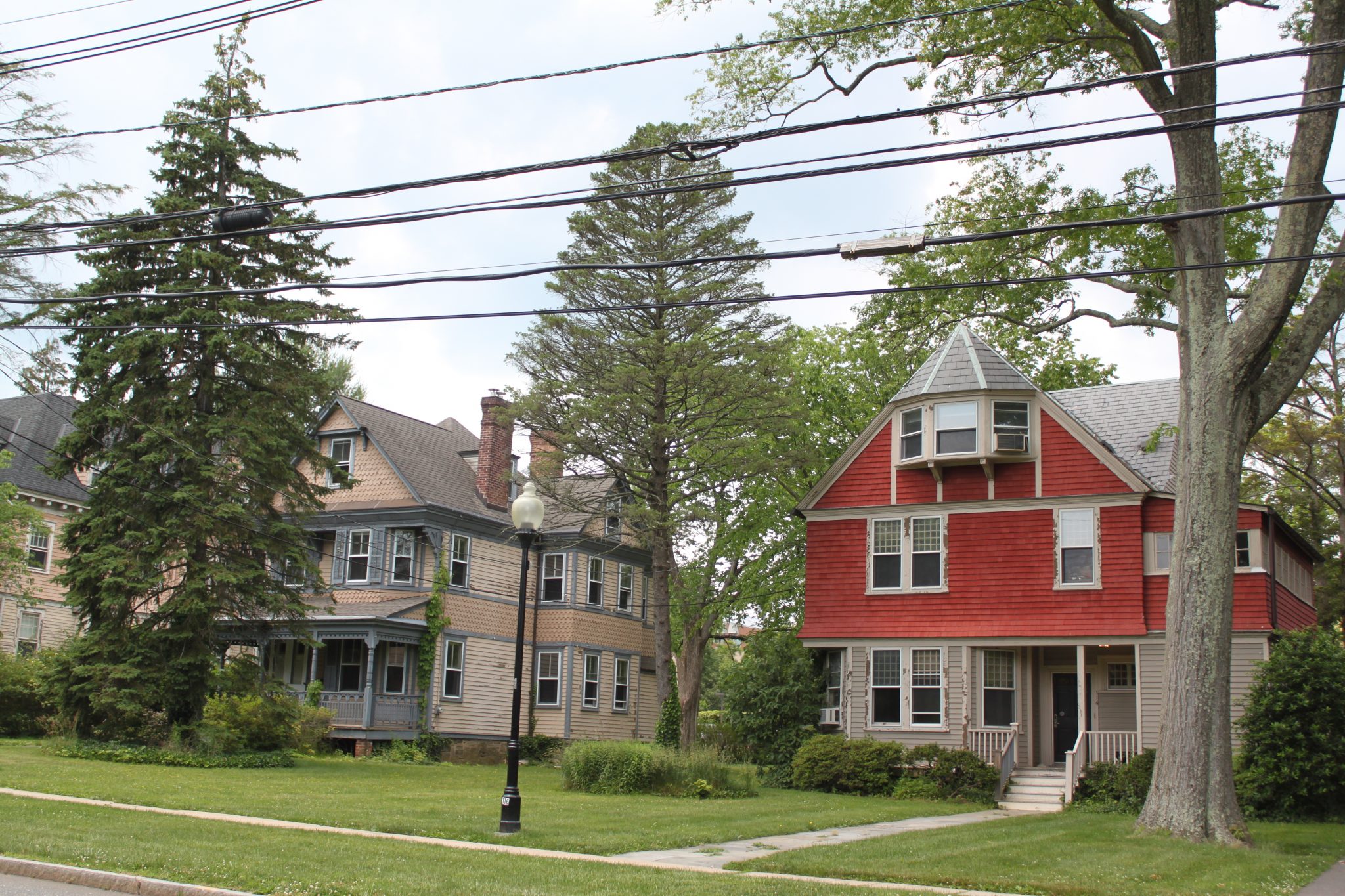
Regarding Princeton University’s proposed development on Prospect Avenue, I have contacted the Advisory Council on Historic Preservation (ACHP) about Section 106 review of federal funding of university projects, activities, or programs, or of federal permits or licenses, that could have an adverse impact on the National Register Princeton Historic District.
On the advice of ACHP, I will be contacting federal agencies to request a Section 106 review of any present or pending funding, licenses, or permits applicable to ES+SEAS. Future funding, licenses, or permits could also be affected. The contacts will include Save Prospect Coalition’s attached Historic Preservation Documentation.
Should Section 106 review be instituted by any federal agency, Save Prospect Coalition will request designation as a consulting party.
We continue to ask the university to redesign its Prospect Avenue entrance to respect National Park Service Guidelines for Historic Properties, the intent of the Princeton Master Plan to preserve the historic character of Prospect Avenue, and the extensive input from neighbors and the broader Princeton community supporting these two ends.
The university has incorporated community and town concerns in past controversial development projects, notably its expansion on William Street in 1977 and its E-Quad expansion in 2005. In both cases, the university worked with the community and town officials to develop a resolution that met the university’s development needs while preserving historic resources and respecting community input.
We ask that the university take similar steps now to successfully resolve the Prospect Avenue controversy. In doing so, it will show its students that national and local policy on preserving historic resources should be respected, and it will powerfully demonstrate in its own backyard how development conflicts can be resolved by working with affected communities.
Clifford Zink
Princeton



